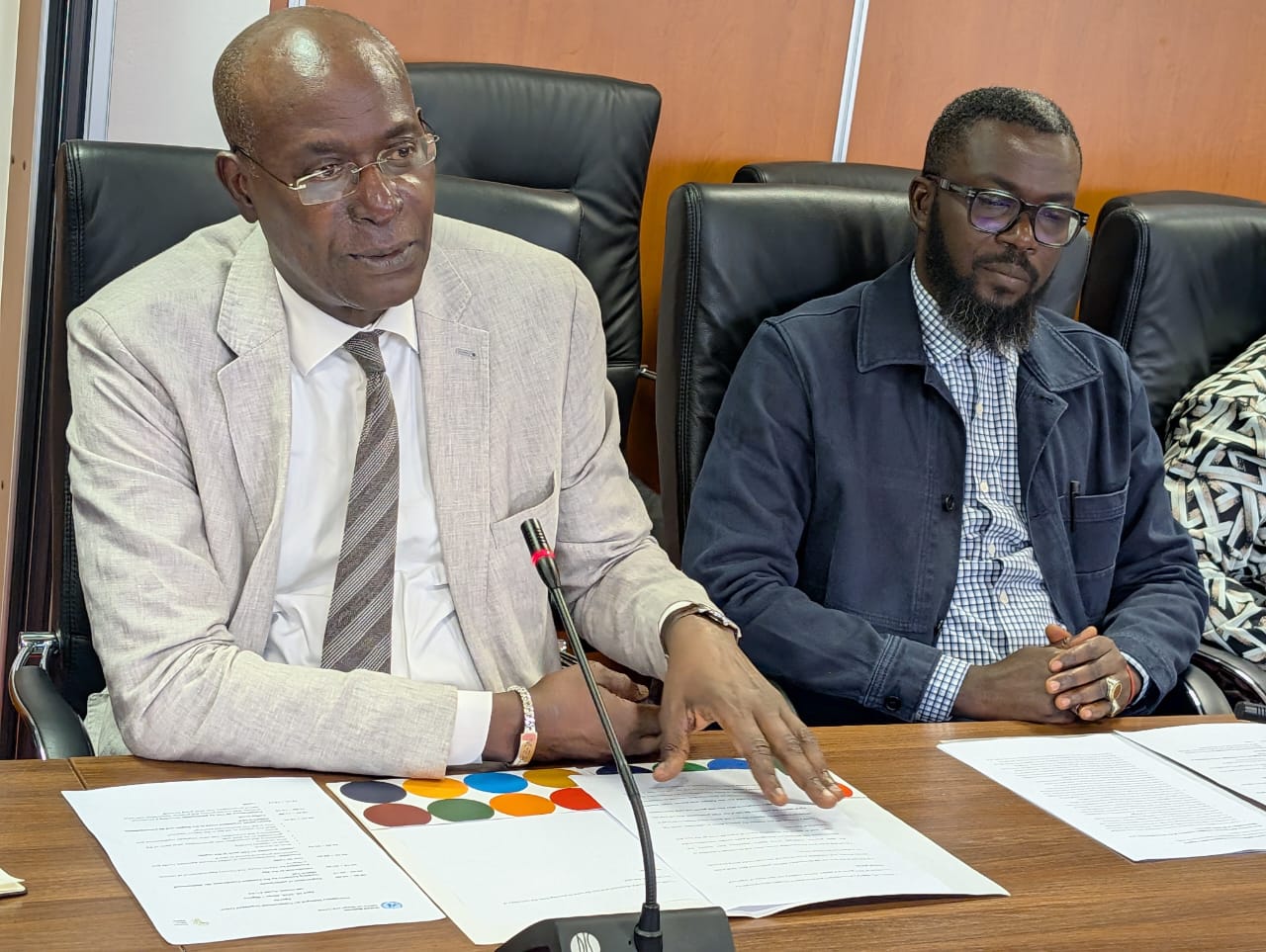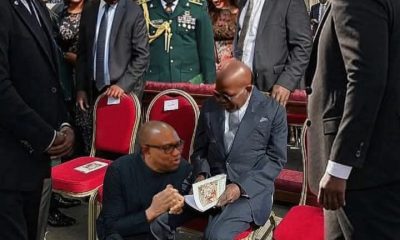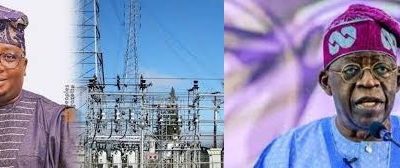NATIONAL NEWS
UN Agencies Unite To Combat Transnational Organized Crime In Nigeria, West Africa

The United Nations Office on Drugs and Crime (UNODC) held a critical Field Dialogue in Abuja this week, bringing together key UN agencies and Nigerian government counterparts to develop a coordinated strategy to combat the growing threat of transnational organised crime (TOC) in Nigeria and the wider West African region.
The meeting, which was opened by UN Resident Coordinator Mr. Mohammed Fall and chaired by UNODC Country Representative Mr. Cheikh Toure, emphasised the UN system’s and Nigeria’s commitment to working together to combat TOC.
The discussions were actively attended by representatives from UNICEF, UNESCO, WHO, UNDSS, IOM, UNFPA, and the National Drug Law Enforcement Agency (NDLEA).
Mr. Fall emphasised the pervasive impact of TOC on the UN’s work in Nigeria, saying, “I stand before you as the Head of the UN Family in Nigeria, emphasising our shared awareness that Transnational Organised Crime (TOC) poses a significant threat to the work of every UN agency.
It undermines our collective efforts in various sectors and impedes our progress towards the Sustainable Development Goals.”
Mr. Toure emphasised the wide-ranging and interconnected nature of TOC in Nigeria, which includes drug trafficking, human trafficking, arms smuggling, cybercrime, illicit financial flows, and illegal natural resource extraction.
He emphasised that these crimes are exacerbated by corruption, insecurity, and restricted access to certain areas. “In Nigeria, TOC manifests in a variety of interconnected forms, including drug trafficking, human trafficking, arms smuggling, cybercrime, illicit financial flows, and the illegal exploitation of natural resources,” Mr. Toure stated.
“These crimes do not occur in isolation; they thrive in environments where corruption undermines governance and insecurity limits access.
For example, banditry and terrorism in the Northwest and Northeast, combined with kidnapping for ransom, create no-go zones that restrict our programmatic reach.”
Dr. Ibrahim Abdul, Director of Assets and Financial Investigation at the NDLEA, emphasised the importance of constant vigilance and adaptation in the face of changing criminal tactics.
“Criminals have become technologically advanced. Fora like this help us understand their tactics and stay ahead of them,” he explained.
This Field Dialogue is part of a larger global UN initiative launched by UNODC Headquarters in October 2024, following discussions with the High-Level Committee on Programmes (HLCP).
The initiative aims to create a unified conceptual framework and improve inter-agency coordination in addressing TOC, which is regarded as a significant threat to peace, security, and sustainable development.
Similar Field Dialogues are taking place in Southeast Asia and the Andes, with the goal of identifying gaps, leveraging existing knowledge, and developing integrated strategies. These discussions will provide valuable insights for the upcoming HLCP meeting in New York later this year.
Nigeria’s strategic location in West Africa, as well as its vulnerability to various forms of TOC, such as human trafficking, arms smuggling, illicit financial flows, and counterfeit medicines, make it an important focus for this initiative.
During her recent visit to Nigeria, UN Deputy Secretary-General Amina Mohammed emphasised the country’s critical role in combating transnational organised crime at the regional and global levels.
The Dialogue in Abuja is an important step towards strengthening joint UN efforts to assist Nigeria in effectively addressing the complex challenges posed by organised crime.
-
CRIME3 years ago
PSC Dismisses DCP Abba Kyari, To Be Prosecuted Over Alleged $1.1m Fraud
-
FEATURED3 years ago
2022 Will Brighten Possibility Of Osinbajo Presidency, Says TPP
-
FEATURED2 years ago
Buhari’s Ministers, CEOs Should Be Held Accountable Along With Emefiele, Says Timi Frank
-
BUSINESS & ECONOMY2 years ago
Oyedemi Reigns As 2023’s Real Estate Humanitarian Of The Year
-
SPORTS1 year ago
BREAKING: Jürgen Klopp Quits Liverpool As Manager At End Of Season
-
SPORTS2 years ago
Could Liverpool Afford Kylian Mbappe For €200 million? Wages, Transfer Fee
-
ENTERTAINMENT2 years ago
Veteran Nigerian Musician, Basil Akalonu Dies At 72
-
FEATURED2 years ago
Tribunal Judgement: Peter Obi Warns Of Vanishing Electoral Jurisprudence, Heads To Supreme Court
-
BUSINESS & ECONOMY2 years ago
Oyedemi Bags ‘Next Bulls Award’ As BusinessDay Celebrates Top 25 CEOs/ Business Leaders
-
FEATURED3 years ago
2023 Presidency: South East PDP Aspirants Unite, Demand Party Ticket For Zone



































